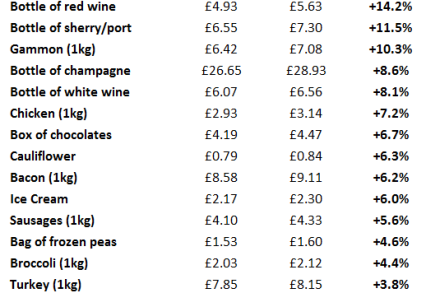The Visit – Shiva Naipaul Prize, 2007
The 2007 Spectator/ Shiva Naipaul Memorial Prize was won by Clarissa Tan. The prize, named after the late Trinidadian author, is for ‘the most acute and profound observation of a culture evidently alien to the writer’. The judges that year included William Boyd, Matthew d’Ancona (then editor of The Spectator) and Mark Amory (literary editor of The Spectator). Clarissa is now a staff writer at The Spectator. To find out more about the Shiva Naipaul competition, and how you can enter, click here. The Visit Clarissa Tan I wish to write about a place of which I know everything yet nothing, where everything is familiar yet strange, a place where I feel














